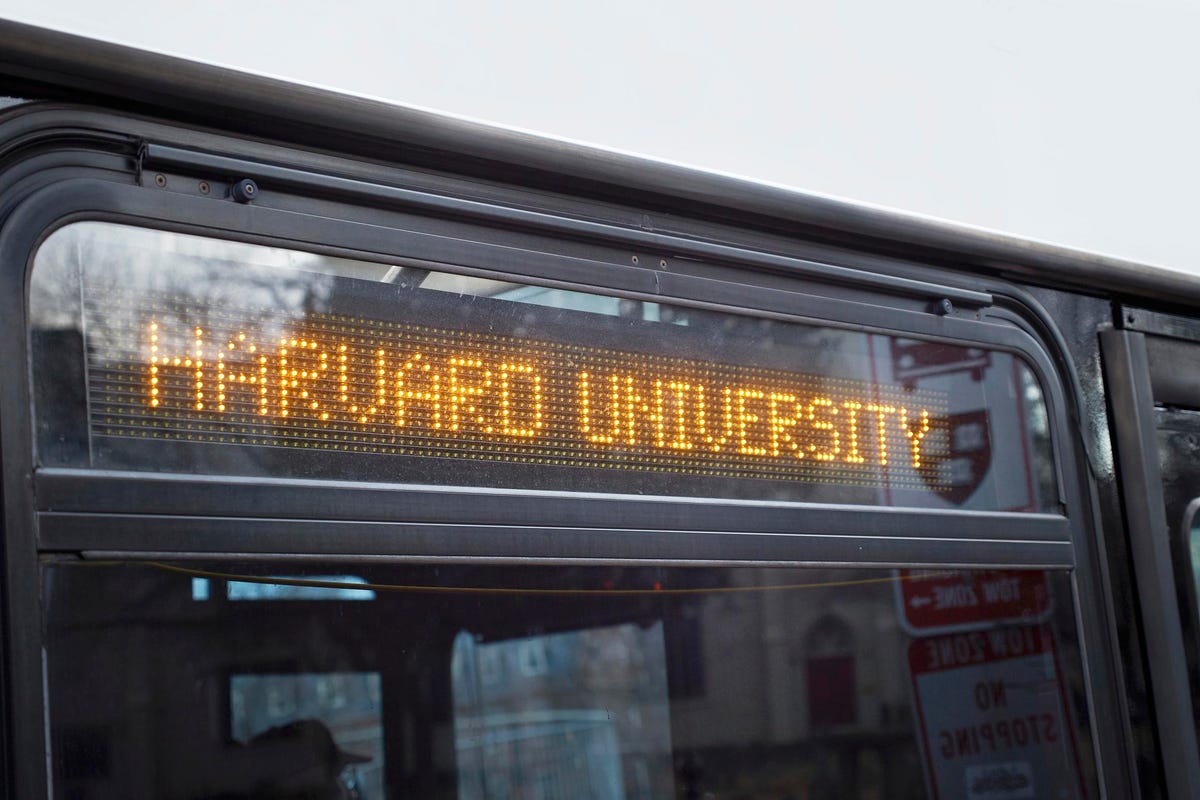
Destination: Harvard
My 60th birthday gift to myself is a year back in school. Where some may opt for a cruise or a new car, I’ve opted for a dose of new friends, new ideas and a new country. I’m off to Harvard’s Advanced Leadership Initiative (ALI) this January, for all of 2022. It’s designed to accompany experienced leaders from their for-profit lives to their for-purpose futures (and maybe help save the world along the way). The world – and its fast-ageing population – need more of these ‘transition mechanisms.’ Because the key lesson I’ve taken from several years’ worth of research on life’s ‘third quarter’ is this: if you don’t lean in to preparing for it and managing it, you risk getting left by the side of the lengthening longevity road.
The pioneering ALI program was the first of its kind. In 2005, three Harvard professors, Rosabeth Moss Kanter, Rakesh Khurana and Nitin Nohria, wrote a paper proposing a new model for universities: “a third stage of education to prepare experienced leaders, in the period of their lives once called ‘retirement,’ for service activities addressing societal problems.” Since then, the idea has spread. Tempted? There’s a list to inspire you at the bottom of this article. There is nothing quite like these elsewhere in the world, something I hope to work on while I’m there.
In a recent call, I was offered the full smorgasbord of Harvard’s intellectual heft on a silver platter by Bryan Panzano, ALI’s Associate Director of University Engagement. Like many of these programmes, ALI is built as a cross-school and cross-faculty experience. It harvests the richness of the whole. Its Board is made up of faculty from every part of its huge, often siloed expanse. The interfaculty initiative sits under the direction of the office of the President but runs across everything from the medical and education school to the Kennedy School of Government. For a year, the 50 or so people in the ALI cohort (and a few of their partners) from across the globe are offered access to anything and everything Harvard has to offer. Oh, and MIT too, since it’s right next door and they cooperate.
During the year, there is a base ALI course, punctuated by three cross-faculty deep dives into key topics (e.g. climate change, public health, education). On top of that, you’re free to follow as many additional courses as you like. Given the high octane curiosity typical of the ALI participant profile, many pile huge helpings onto their intellectual plates – it doesn’t sound like they sleep much. Personally, I’m ogling courses on adult development, gerontology, gendered ageing, long life education, transition mechanisms, and hanging out at MIT’s Age Lab. It’s heady, exciting and a bit overwhelming. Hence Bryan, whose role is to help navigate the complexity of the whole.
Like many of you perhaps, I’ve spent the past pandemic year thinking a lot about ageing and dying. Since I avoided the latter so far, I’ve focused more on the former. We’ve been gifted an extra 30 years of life by science. What are we going to do with them? Given the exploding statistics on ageing, the trend towards un-retiring, and the Boomer’s lifetime of engagement with many of the world’s challenges, I’m surprised that this type of program isn’t more widespread. There is an issue of accessibility given the cost of many of these programs (not to mention the mind-boggling additional charge for American health insurance for older participants and partners, like my husband).
MORE FOR YOU
But longevity and the rise of the multi-stage life with multiple careers should be a huge green field opportunity for universities. For the moment, only 0.3 percent of students pursuing a degree are over 65. If we will live to be 100, long-life learning may one day lead educational institutions to offer (like everyone else) a subscription model. After your first degree at 20, you can sign on to an up-skilling and transition year at 40 and 60 and… 80?
Online education may have a great future, but humans age and transition better together. And it takes a bit of time. A week at a resort is lovely but is unlikely to allow you to discover and build new interests, skills and directions. There will be massive disruptions and unbundlings in education post-Covid. Designing places and programs that prepare people for purposeful Third Quarters serves not only the individuals involved (most of the ALI alumni I’ve talked with call the year profoundly, life-shiftingly transformational). If we can find a way to better make use of the maturity on tap in our ageing societies, we all win. Almost 40% of the US labour force is over 50. Ignore and under-invest in them at our collective cost and peril. Educate and energise them, and we may discover the meaning behind human’s growing longevity.
Other ‘Old School’ Programs Currently On Offer
University-based
- Stanford was next after Harvard, creating its Distinguished Careers Institute, with a more holistic and less save-the-world approach. It summarises as “Purpose, community and wellness – the prescription for a positive life.”
- The University of Minnesota launched its Advanced Careers Institute. A 9-month, “immersive experience” with a “transformative curriculum, multigenerational learning, and an applied “internship” in a nonprofit, social enterprise, or public service.”
- The University of Notre Dame: Inspired Leadership Initiative, “a year of discovery, discernment, and renewed purpose” now welcoming its fourth cohort.
- The University of Texas: The Tower Fellows Program, charmingly billed as “not your kids’ college experience”
A number of other universities are contemplating rolling out programs like this. Stanford established a collaborative around the movement, with a list on their website.
Shorter Programs
- The Modern Elder Academy runs 8-week online programs, and 1-2 week on-site programs in Mexico, with new offerings in development. Here’s my review of their online version.
- Sageing International runs courses called Awakening the Sage Within. They are based on the themes of Rabbi Zalman’s bestselling book From Ageing to Sageing, one of the first to launch the positive ageing movement.
- Noon, a website aimed at midlife women, created by former Sunday Times editor Eleanor Mills, is launching its first 4-day retreat in the UK. I’ll be going and will keep you posted.
- The Midlife Rethink: my own distillation of much of what I’ve learned so far, in three online sessions over a 3-week period.
Thanks in advance for emailing me any additional offerings that should be added to this list.







